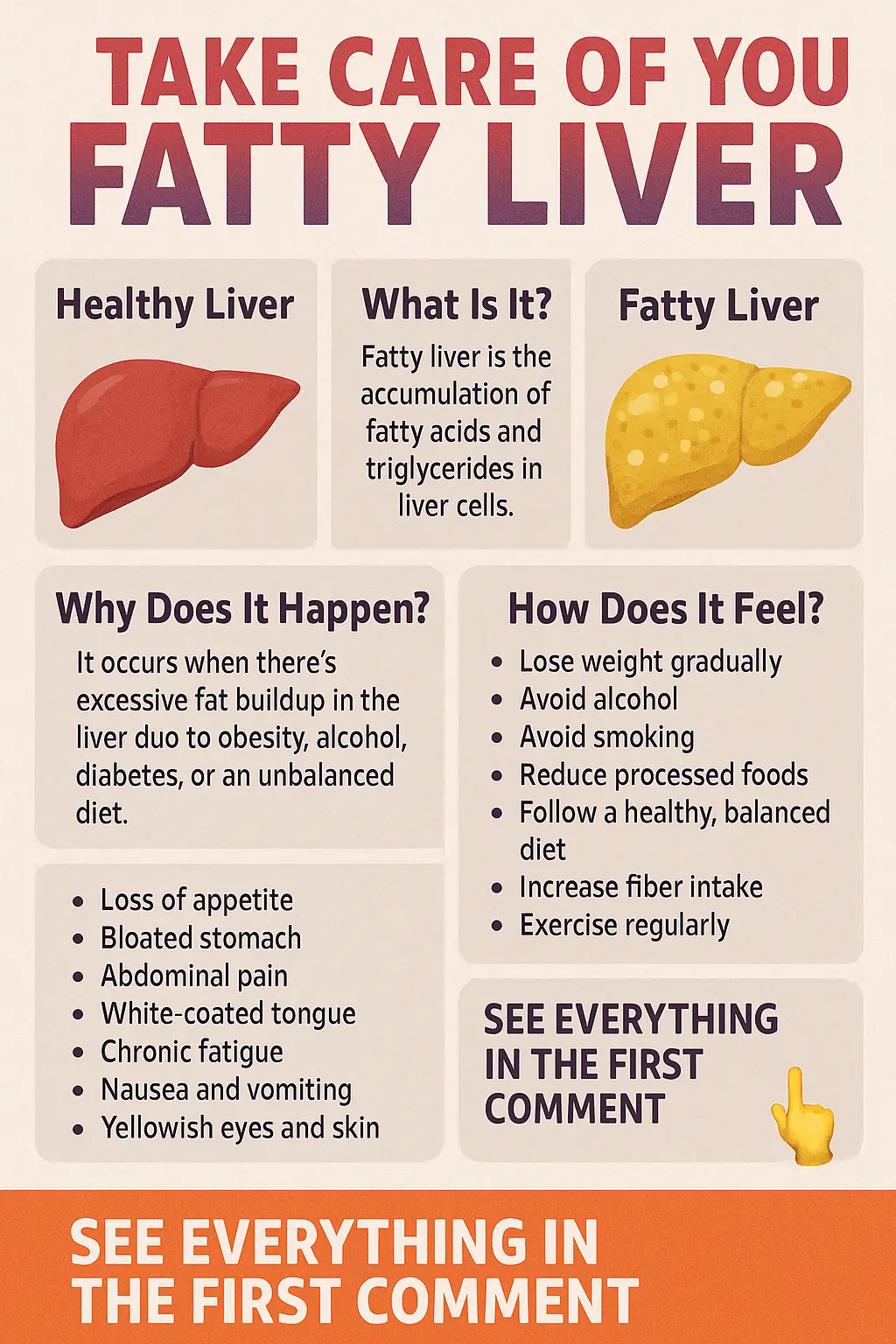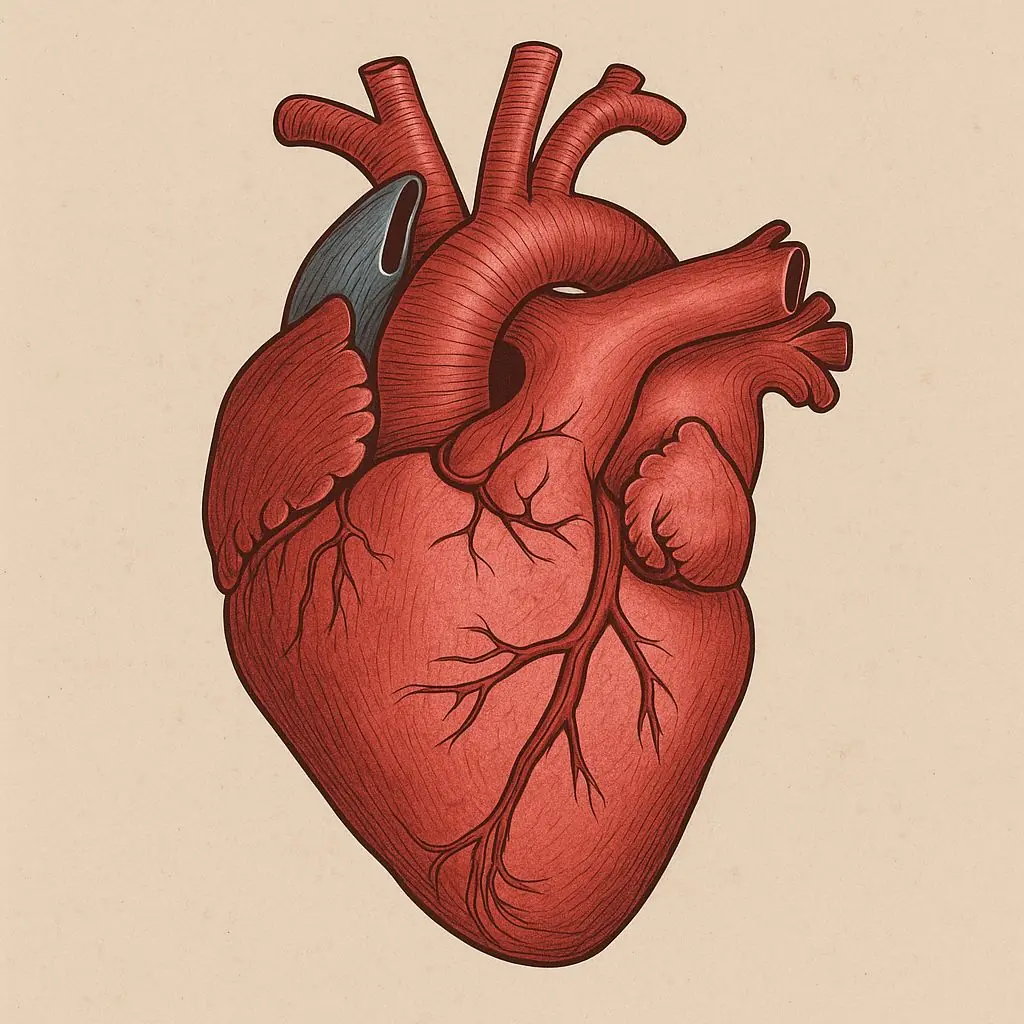
7 Minor Illnesses That Repeatedly Occur May Be Warning Signs of Cancer
The Global Cancer Organization estimates that on average, Vietnam detects 180,000 new cancer cases each year.
According to Aboluowang, a 48-year-old man in China was diagnosed with late-stage lung cancer.
Doctors pointed out the first mistake: the patient’s body had already shown abnormal warning signals for more than three months, but he completely ignored them.
The patient simply thought he was experiencing aftereffects of a cold.
“He had a cold more than three months ago, and after that he constantly had a dry cough, but assumed it was just a lingering symptom,” the doctor shared.
The second mistake was that the patient had smoked for a long time but never went to the hospital for a checkup. Information revealed that the man had started smoking at the age of 18 and had a 30-year history of smoking.
Lung damage and smoking are the main causes of lung cancer.
From this case, doctors advised that lung cancer often gives off many warning signals once it appears. Therefore, people need to pay attention to the following symptoms:
1. Frequent Headaches
Tumors may develop in the brain. Some are primary tumors such as gliomas, meningiomas, or other malignant intracranial tumors. Others are metastases from cancers such as lung cancer, colorectal cancer, stomach cancer, or breast cancer.
Regardless of whether a tumor is primary or metastatic, if it is in the head, it can cause headaches. Persistent or worsening headaches should be examined promptly.
2. Persistent Dry Cough
The earliest symptom of lung cancer is not chest pain, coughing up blood, or shortness of breath, but rather a persistent dry cough. Unfortunately, this symptom is often overlooked or mistaken for a lingering cold, allergies, or bronchitis.
3. Prolonged Abdominal Pain
The abdomen houses many vital organs, including the liver, stomach, gallbladder, pancreas, small intestine, and colon.
Cancer in any of these organs can cause abdominal pain, which typically worsens as the tumor grows. In some cases, patients need painkillers just to endure it.
4. Unexplained Weight Loss
If you are not intentionally losing weight but experience sudden weight loss without a clear reason, pay close attention. Cancer is one of the most common causes of unexplained weight loss.
As cancer develops, it consumes large amounts of nutrients, leading to weight loss. This is also why patients in advanced stages often experience cachexia (severe wasting).
5. Fatigue
Cancer can cause general fatigue for many complex reasons. Some cancers may cause anemia due to blood loss or poor nutrition, leading to tiredness.
Other cancers can reduce appetite and cause weight loss, also resulting in fatigue. Additionally, cancer can disrupt sleep, further contributing to exhaustion.
6. Frequent Minor Illnesses
Cancer can cause abnormal declines in immunity. When the immune system weakens, the body’s defense barrier becomes less effective.
At that point, surrounding bacteria and viruses can more easily invade through the respiratory tract, digestive system, or urinary tract, often causing recurrent infections.
7. Loss of Appetite
When cancer invades, it releases toxins that suppress appetite, making you lose interest in even your favorite foods.
Over time, cancer often metastasizes. Whether it is lung cancer, breast cancer, stomach cancer, or colorectal cancer, malignant tumors can spread to the liver—the body’s largest digestive gland. Liver metastasis can also cause abnormal loss of appetite.
3 Warning Signs of Cancer That May Appear in the Neck
If people pay close attention to changes in their bodies, they may detect cancer early. When cancer cells exist, many parts of the body “send signals,” and the neck is one of the areas most likely to show symptoms, yet it is often ignored.
Doctors advise that if unusual signs appear in the neck, people should seek medical attention immediately.
1. Skin Discoloration in the Neck
This may be a sign of liver or stomach cancer. Normally, healthy skin is evenly colored. But if the skin on the neck gradually darkens, it may be due to toxins accumulating in the body because organs such as the liver or stomach are not functioning well.
2. Swollen Lymph Nodes in the Neck
Lymph nodes under 1 cm that are soft, mobile, painless, and well-defined are usually safe. But if lymph nodes grow larger than 1 cm, feel hard, painful, fixed, and have unclear borders, this could indicate early cancer or lymphoma in the neck and requires immediate examination.
3. Pus-Filled Pimples Around the Neck
This may be caused by active cancer cells. If pimples around the neck appear red, inflamed, itchy, or filled with pus, it may be a warning sign of cancer activity inside the body.
Habits That Reduce Cancer Risk
The immune system is the body’s primary defense against cancer cells. If strong, it can destroy abnormal cells before they form tumors.
Healthy habits that help lower cancer risk include:
-
Going to bed early and getting 8 hours of sleep daily. The body repairs and detoxifies itself between 11 p.m. and 3 a.m. Lack of sleep may weaken the body and increase health risks.
-
Having regular annual health checkups. Early detection allows for timely treatment and prevention of disease progression.
👉 In summary, if you notice persistent symptoms such as headaches, dry cough, prolonged abdominal pain, unexplained weight loss, fatigue, frequent minor illnesses, or loss of appetite—and especially abnormal changes in the neck—you should seek medical care promptly. Early detection greatly improves the chances of successful treatment.
News in the same category


Your Feet Are Screaming for Attention: 6 Shocking Health Clues Hidden in Your Soles!

8 Early Warning Signs of Nutrient Deficiency That Show Clearly on Your Body

Why Do Your Feet Itch at Night? Simple Causes and Effective Solutions

Hearing Loss? Discover a Natural Remedy That Could Help Improve Your Hearing

4 Parts of Chicken You Should Avoid — And Why They May Not Be as Healthy as You Think

The Magic of Black Cats and Their Impact on Our Health

Say Goodbye to Diabetes, High Blood Pressure, Fatty Liver, Cancer, and Heart Attacks

7 Warning Signs Your Body May Have Parasites

7 Signs of Nasopharyngeal Cancer: No. 1 is Hard to Treat if Not Detected Early

Fatty Liver: Recognize the Symptoms and Reverse It in Time

Why Do Canker Sores Appear? Painful Signs You Shouldn’t Ignore

🫀💔 How to Maintain a Healthy Cholesterol Level for a Strong Heart

Massive Jugular Distension: A Warning Sign You Shouldn’t Ignore

The Last Part of the Pig, but with Top Benefits

The Importance of Urinating After Sex: Preventing Infections

5 common foods that many people eat almost every day but are especially rich in parasites

Diagnosed with cancer at 40, Soong Mei-ling still lived to 106
News Post

Just 2 tablespoons… Eliminate all worms and parasites from your body.

Mini Chocolate Cake Recipe with Mirror Glaze🍫✨

🍫 Mini Chocolate Mousse Cakes Recipe

🍮 Tiramisu Domes Recipe

🍪 S’mores Chocolate Cookies Recipe

Your Feet Are Screaming for Attention: 6 Shocking Health Clues Hidden in Your Soles!

Ginger, Cloves, and Lipton Tea: The Ultimate Wellness Elixir

Unlock the Power of Ginger, Cloves, and Honey: 18 Life-Changing Benefits You’ll Wish You Knew Sooner

Nana’s Secret to Radiant Skin: 3 Brilliant Baking Soda Skincare Methods

Discover the Magic of Moringa: Transform Your Health with the Miracle Tree

Garlic Power: Nature’s Secret Weapon for Immunity & UTI Defense

Unleash the Healing Power of Aloe Vera: Your Ultimate Natural Tonic

The Firefighter Who Defied Orders to Save a Baby Moose

Unlock Luscious Locks: The Green Bell Pepper Hair Growth Secret You Can’t Ignore!

Unlock the Hidden Power of Guava Leaves: Surprising Benefits You’ll Wish You Knew Sooner

Unlock the Secret to Vibrant Kidney Health with Just Two Ingredients

Purslane: The Overlooked Superfood That Could Transform Your Health

Discover the Secret Superfood: Unleash the Astonishing Power of Papaya Seeds for Vibrant Health

Bladder and Prostate Like New! Grandpa’s Old Onion Peel Remedy
